User Acceptance Tests for IPSIS have taken place during the month of April for all modules of IPSIS where all test scripts based on the prepared manual for every module are approved. For every testing and approval of test scrips there have been meeting and dedicated sessions with operational units appointed for each module. There were two people responsible for each module. During these sessions of test script approvals, the issues identified by operational units have been addressed from IPSIS unit in cooperation with two companies that developed the system. All test scripts have been successfully conducted and no further issue exist.
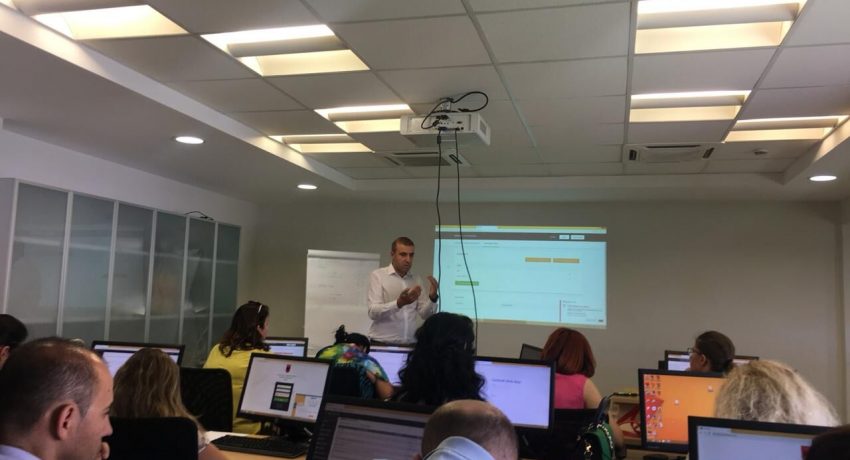
In the light of building capacities for IPSIS system, a training plan has been drafted and implemented comprising in three phases.:
1. First phase is related to training of the core groups of each module, which are identified as ToT users for every module in order enable them to host and coach modules within Ministry structures (first phase has trained 106 ToT users and they will train all structures within each ministry)
2. Second phase is related with dedicated trainings on the respective modules for each Line Ministry, (80-users identified)
3. Third stage, IPSIS unit is working with ASPA, to incorporate IPSIS modules in its training programs in order to ensure continuous and sustainable training for civil servants.
During the first phase of training IPSIS unit drafted the users’ protocol and defined 5 categories in accordance with modules of IPSIS through creating respective networks for each system: (i) Policy Network (ii) Regulatory Network (iii) EU integration network (iv) Programs Network (v) Project Network:
The first phase of training (i) familiarization with the system and respective modules (ii) usage of system (iii) knowing the manuals package of system (v) launching 5 IPSIS network
The first series of training have ran in two weeks period starting from 4-15 May 2020 with the overall objective to build the capacity of the officials of Project Directories for the Line Ministries users (Ministry of Infrastructure, Ministry of Finances, Ministry of Agriculture, Ministry of Justice, Ministry of Interior, Ministry of Education, Ministry of Culture, and Ministry of Tourism).
These objectives were achieved through presentations (the methodology of each module), practical demonstrations (the document structure and the workflow process of each module), discussions and practices where for each module every participant tried to create a new document following the steps explained by the training moderator.
During this first phase of training, daily reports have been compiled for every module and a feedback mechanism is in place through surveys after each training session in order to address all issues related to IPSIS operation identified by ToT users. The package of manuals 25 in total available in English and Albanian was used to draft the curricula of the first phase of training.
About 19 modules were covered during the training and the total number of participants during the 2 weeks of training and for the all modules was: 106. Such activities were made possible thanks to World Bank office in Tirana through webex platform.

The graph shows the survey results of one of the training

The Progress of AFMIS system during January-May 2020 is as follows:
- The Treasury team is following the daily operations. There are currently 102 budgetary institutions accessing the Web Portal. For the time being the Roll-out is focused only in the configurations of new users and BI’s in the system and the support of BI’s which are using the web portal already, an activity carried out by IT and the functional support staff at MoFE.
- With regard to MTBP and PIM, currently in AFMIS there are live 9 Ministries (out of 11 ) and 16 Budgetary Institutions ( out of 35). The process of data population and roll-out is not continuing due to Covid-19 restrictions.
- The confirmation of EAMIS- AFMIS integration document is already finalized and signed by NAIS team members.
All systems contracting status
- AFMIS rollout > Progress in using or rolling out MTBP, PIM and web portal. AFMIS contract was closed (no pending payments; acceptance certificate issued despite remaining interfaces and digital signature).
- IPSIS testing and acceptance > Progress in remote acceptance of IPSIS modules and remote training in place
- EAMIS acceptance and post-warranty is issued and in the process of signing with the developing company Synergy.

Currently there are live in AFMIS (these modules MTBP, PIM and BPPM) 9 ( nine) Ministries (out of 11 ) and 16 Budgetary Institutions ( out of 35). The process of data population and roll-out was interrupted during the period March-May 2020 due to Covid-19 restrictions. Other institutions which hasn’t populated the system yet need support in their offices to use the system and such thing is not possible during the current lock-down and social distancing. It is very important to explain and guide the appointed persons to use the system correctly in the first phase of using it, since appointed persons are not yet familiarized with the system. This process needs to restart when the lock-down is eased all over the country. Meanwhile, some issues were found during this time and the contracting company is working to solve them. It is expected that the process of data population continues during end of May and June.
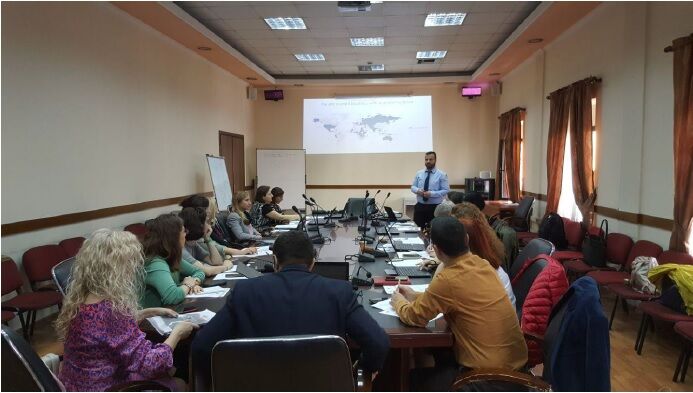
AFMIS team is working for preparation of Web- Portal rollout plan for 2020, which is expected to be ready by end of December 2019. Nevertheless, several organizational obstacles and challenges for the Budgetary Institutions are identified, in relation to the access to web portal:
There are three types of challenges:
- There is a lack of logistics (no scanners in Budgetary Institutions even they are previously notified by TDOs);
- There are some issues regarding the compliance of financial specialists and execution officer functionalities with the internal financial controls rules in some Budgetary Institutions (financial specialist, which input the financial information and execution officer, which approve the financial information, is same person). The system is built in compliance with the internal financial controls rules: the person who register/input the financial information and the person who approve such information must be different persons.
During November other 15 institutions have been granted access in electronic archive and almost 50 employees are trained. The process has slowed down due to recent earthquake and damages in some BI’s offices.
In MTBP module two institutions have been granted access, Ministry of Agriculture and Rural Development as well as Ministry of Energy and Infrastructure. AFMIS team is currently working to gather information about the PIM, MTBP, and BPPM from the line ministries and other central institutions in order to include them in system configuration.
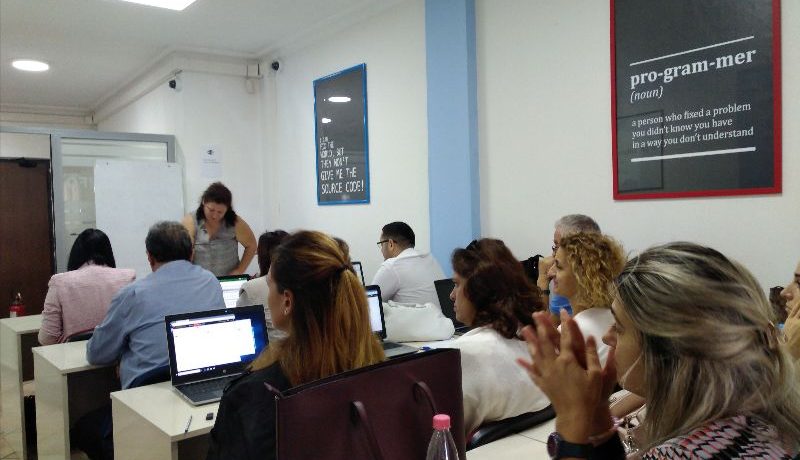
IPSIS team is working/mentoring in Pilot process the 3 Institutions users (DoPA, MoARD and MIE). All users are configured to go live and test environment and roles are assigned (three levels of control in LM and two control levels at DDGG). The pilot of 3 institutions continues and is followed up closely by IPSIS core team and consultants through intensive communication in real time on any issue raised during the process with IPSIS team and JV. In parallel during pilot testing of AFMIS master data is received in IPSIS, which has been tuned and tested successfully by IPSIS team in November 2019. To support this process training manuals are provided in English and partly in Albanian with 3-line ministries
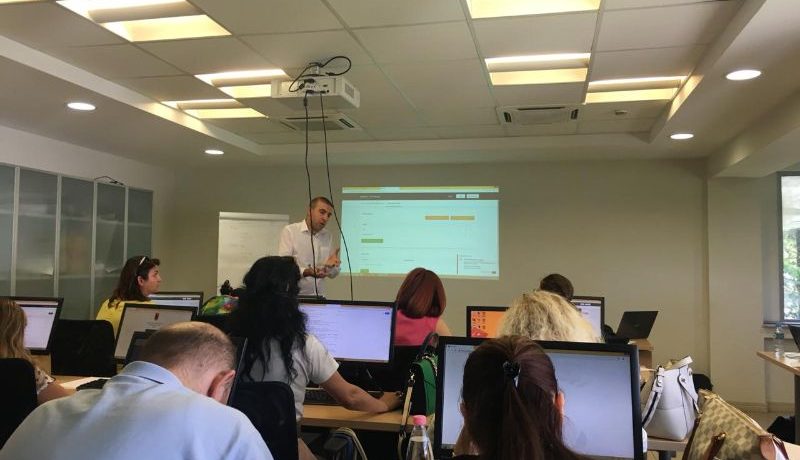
The second round of ToT training (1 week) was realised by IPSIS JV on 4-8 November 2019. The third version of IPSIS application was deployed in both environments (test and live) in end of November 2019 and is functional. During this stage some issues were identified and fixed during pilot testing and second week of training.
Revised training manuals were provided to ToT in English and in Albanian for most part of IPSIS modules. Intensive communication from IPSIS team is followed closely by IPSIS JV on latest comments under development, which be reflected in the final training manuals. IPSIS team has been following up the process of submission, review and approval of IPSIS installation.

As regards to integration of AFMIS with other systems, work is in progress in several directions. The interface between HRMIS – AGFIS communication, a technical document for starting testing among HRMIS and AGFIS is approved. It is planned that the tests will last for three weeks. The tests, according to the plan, should start in December. With regard to AGFIS – APP integration, the technical document is approved and agreed, by two institutions. It is expected that APP defines the testing dates
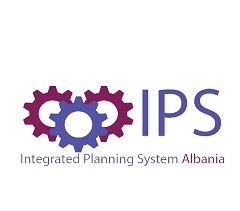

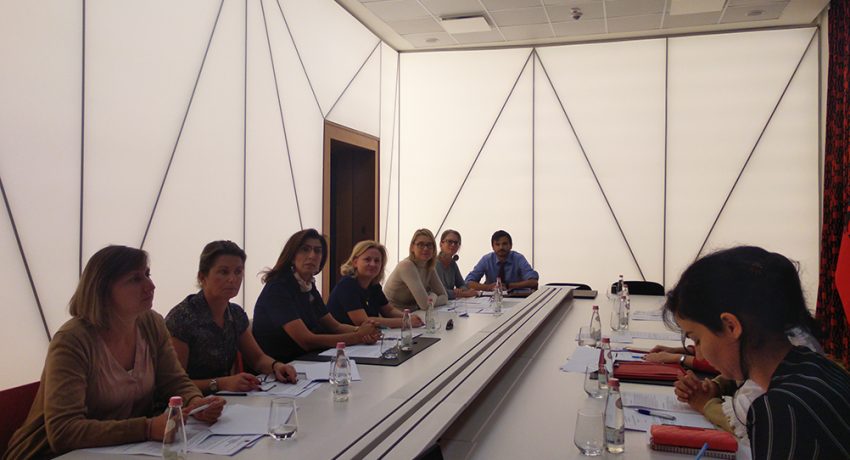
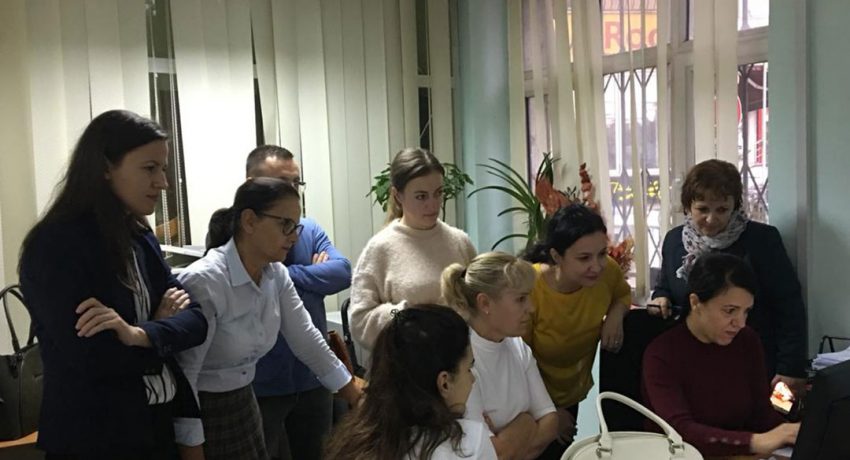
 IPS Channel
IPS Channel